It sounds impossible, dare I say even abusive, to malnourish my three person family on just $30 a week. But what if I told you our fridge is stocked with plentiful amounts of fruits and veggies (in season), milk, freshly pressed juices, nut milks, organic dips and delicatessen quality cheeses.
And that’s just our fridge.
Our freezer holds months worth of meat, cheese, bread and surplus treats while our pantry stacks an impressive array of both local oddities and international delicacies.
How do we manage to do this you ask?
Two words. Dumpstering and Foodbank.
Before explaining the above let me first mention that my family and I are not twenty-something backpackers living off the goodness of other people’s kindness or discards (at least, not anymore). We’re also not ultra-hippie hermits who live on zero consumerism somewhere in the bush (though, we applaud those who do).

We live in a modern apartment complex in the heart of one of the wealthiest suburbs in all of Australia. My husband earns a good wage and we live very comfortably amongst the other privileged who we happily socialize with on a daily basis.
But despite our appearance my husband and I decided to uphold a few of the underground behaviors and beliefs we learned while on the road in our twenties.
One of which is, DUMPSTERING (read more about what dumpstering is here).
A few times a week, while the upper crust prepare for bed, my husband or I take a quick car trip down the road to the local supermarket, lift open the garbage bin lids and uncover an array of perfectly packaged, untouched, still in date food products.
On a good night we can come away with up to $400 worth of food.
The hard part of course is knowing how to incorporate eggplant, bone broth, tszatziki, dukka and gnocci into a meal for dinner.
But that’s where Foodbank comes in.
Foodbank, for those that don’t know, is a non-profit organization that acquires fresh produce and dry foods, from a multitude of sources such as local grocers, farmers and growers and major supermarkets, which would otherwise go into landfill.
This might be because the ‘sell by date’ has expired, there’s a tear on the label, a rip in the packaging or a bruise on the produce.
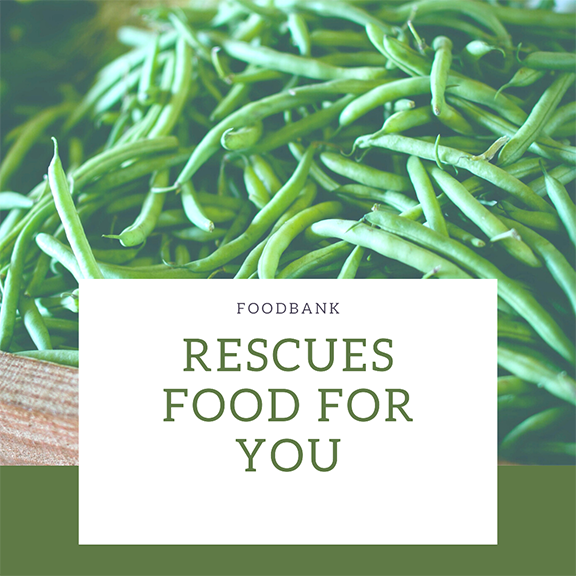
So as to prevent these perfectly edible foodstuffs from entering into our landfill, organisations like Foodbank rescue these items and redistributes them to the wider community.
These communities are mainly those in need of financial help, charities and schools. But since there is a surplus of food waste in this country (and other first worlds) Foodbank/Secondbite/Oz Harvest also distribute to ‘community pantries’ that can be accessed by almost anyone who wants to be a part of it!
You don’t just have to be under financial strain, or a student or pensioner. You can just be environmentally and socially conscious.
So what does that mean exactly?
Free fruits and vegetables, dry foods/refrigerated foods for a fraction (AND I MEAN A FRACTION) of the price.
While you may have to succumb to whatever foods are on offer, it means you could come away with a weeks worth of food for just $10-$15. Yup.
Additionally, when we’re not either dumpstering or at the community pantry and we need a few extras to get us through the week, we head straight for the clearance section at the local grocers.
It’s essentially paying for the stuff before it ends up in the bin, at the price of a gold coin.
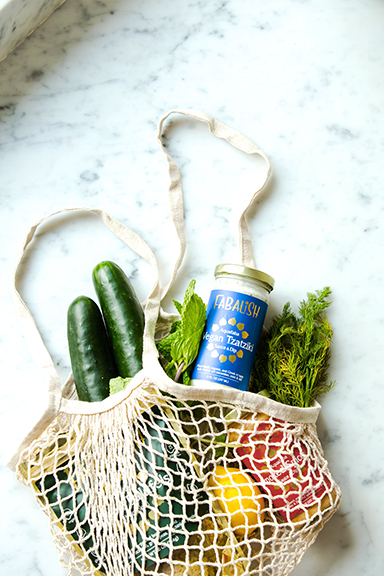
AS A MUM, all of this is a win because it takes the pressure off having to come up with the weekly menu myself and it forces me to be creative and industrious with my cooking.
AS A KID, its a win because they appreciate all kinds of foods that YOU as a parent wouldn’t normally think to include in your weekly shop.
AS A DAD/ WORKER/BRINGER OF BACON, it’s always a win for your wallet…and because of that, the food is always slightly more delicious!
So there you have it.
It might be messy, it might take time and you might be challenged culinarily, but it’s a worthwhile option to consider.
Not only are we saving our family $6240 a year (if you do the calculations based on the average Australian expenditure of $160 per week), but we’re also saving the planet by preventing more food waste from entering into our landfill.
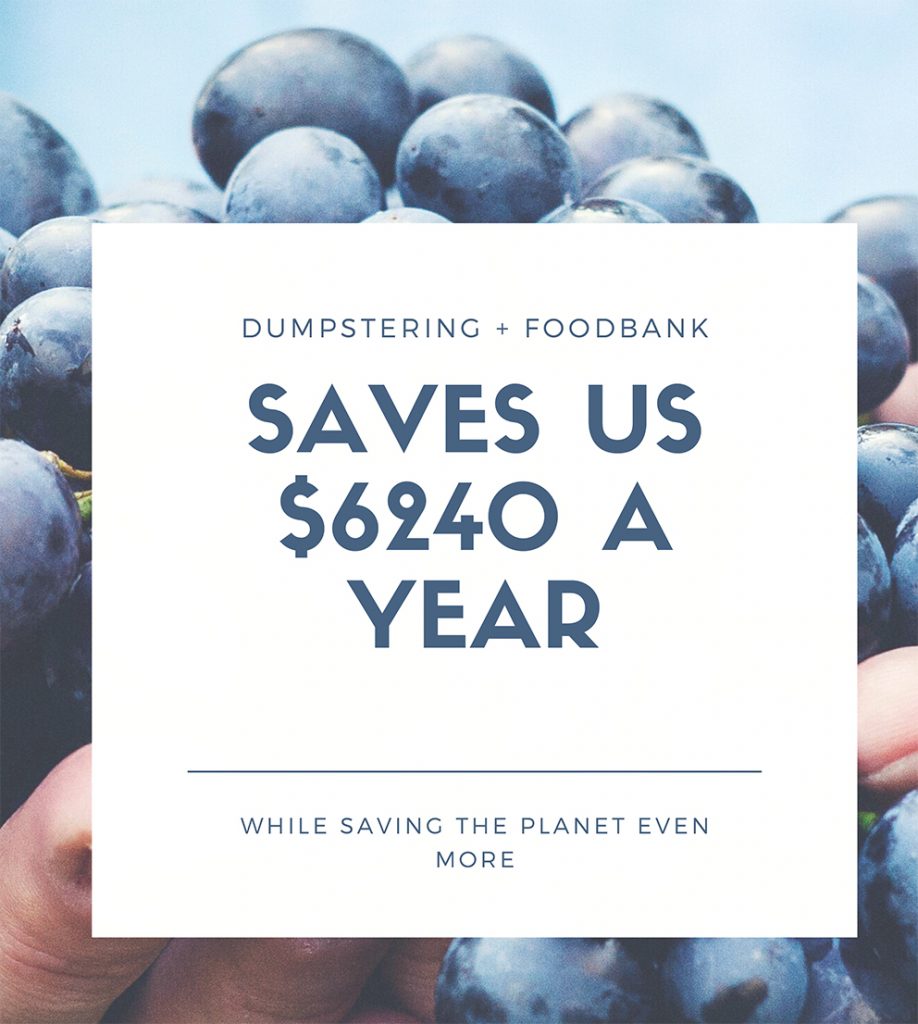
So the next time you see your local supermarket throw crates of food into their bin, why not take a trip later that night and take a peek out of curiosity?
Or contact any of the Food Rescue Organizations to see where your local food pantry operates out of for the general public.
You don’t have to be a ‘hobo’ to save food. And you can ALWAYS afford to be a little bit alternative when it comes to making a difference.
Join the Conversation and comment below!


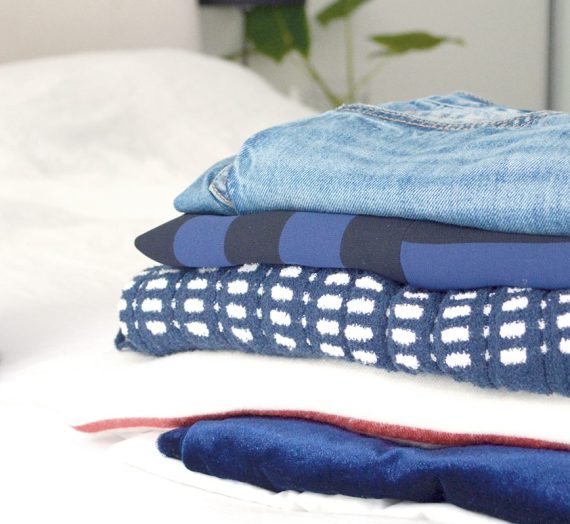

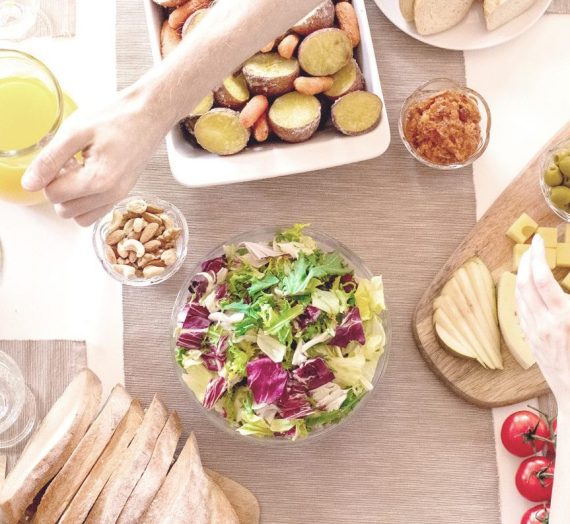
George Mancini
I suppose there in no better way to save money on food then to root around a garbage can for spoilt, soiled and contaminated goods alongside the rats, roaches and maggots. Sorry but this is a gross insult to the poor of the world who have to survive this way. If given a choice, they would not be living that way. Only a rich privileged North Shore or inner city person could possible think this normal and eat garbage just to save a few dollars. Maybe you should also stop using toilet paper and use your hand…you might save yourself $37.50 a year….GROSS!!!!!
Tara Karineh
Hi George.
Thanks for sharing your opinion on this.
Firstly, you might like to read the article on WHY we choose to dumpster here.
It’s not JUST about saving money at all. It’s far more than that.
I can understand how you might think this ‘gross’ but I think it’s more important to RESCUE FOOD that would otherwise be wasted. I don’t see it as an insult to the poor. I think that there should be ways of salvaging perfectly edible and safe foods and redistributing it to the poor. Sadly, there is no such infrastructure as of yet.
Do you think that perhaps throwing away food into your bin might be MORE of an insult to the poor of the world?